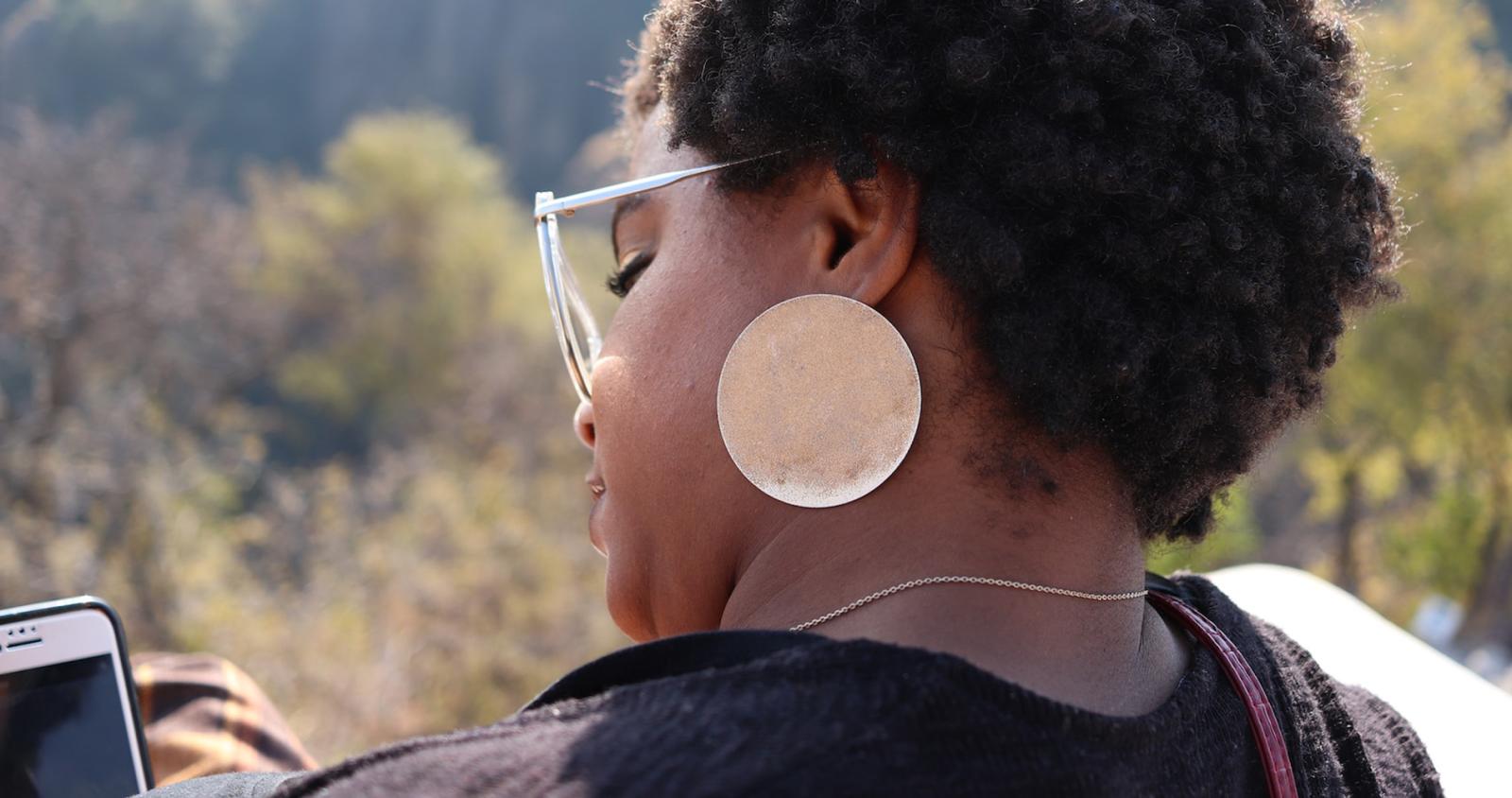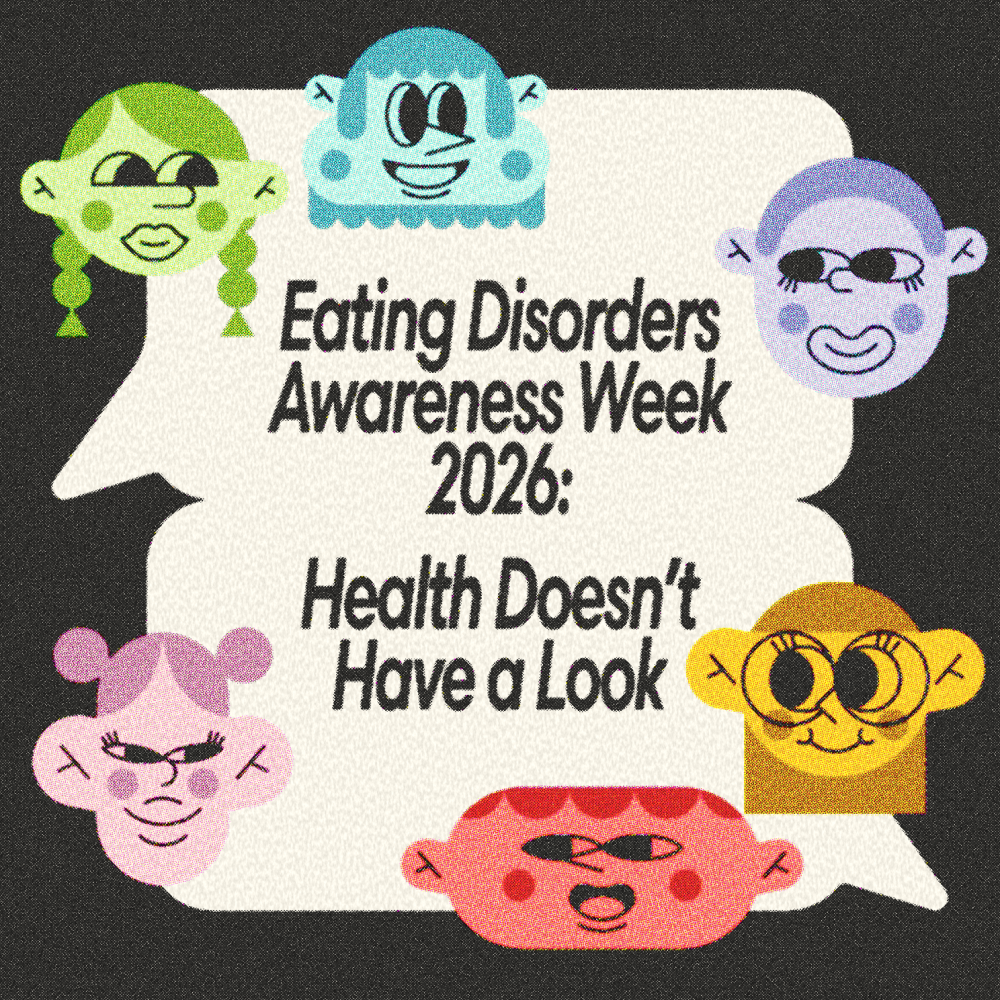
This National Infertility Awareness Week (April 23-29), Women’s Health Clinic (WHC) is here to let people know they are not alone, and speaking out about struggles can help more than you’d think.
Medical technology has come a long way, but our fertility is often outside of our direct control. Some of the ways that folks commonly respond to infertility aren’t always helpful. To encourage folks to “just relax” or tell them “everything happens for a reason” doesn’t change the fact that struggling with fertility is a painful and common experience for many people trying to start a family. It is a major cause of grief and stress.
The WHO released a report in the beginning of April stating that 1 in 6 adults struggle with infertility over their lifetime. Additionally, 20% of pregnancies will end in a miscarriage. Infertility is such a common issue, but it is still stigmatized. There is no right or wrong way to feel after a miscarriage, termination, pregnancy loss, infant loss, or when struggling with infertility. People often feel alone and like they can’t talk about what happened. Having support – being acknowledged, validated, and understood – can help.
“This program has helped to foster a sense of community and connection for clients, peer volunteers, community members and staff,” says Erin Bockstael, Manager of Family and Community Programs at WHC. “With support, people find different ways to make meaning from their experiences.”
WHC offers peer support and counselling for individuals, couples or families via the Dragonfly Support Program for those who have been impacted by infertility, pregnancy loss, termination of pregnancy, or had babies born into the spirit world. Community connection, counselling, or even just normalizing the issue by talking about it with a group of people can help when folks are feeling alone.
“People often feel isolated or alone when they have a complicated or unexpected pregnancy. We want them to know that there are people that will understand and offer you compassion and caring in what you are feeling. Everyone deserves support.” Erin Bockstael
If you are a community service provider and would like to join a free virtual workshop on adopting the Dragonfly Support Program care model, please contact us.
People can find out more about any of these programs from our website, or by contacting dragonflyprogram@womenshealthclinic.org or calling 204-947-2422 ext 544.
We acknowledge that Indigenous pregnancy and birth practices, and teachings about babies born to spirit have existed on this land for millennia, and that we have benefited from the guidance of elders and knowledge keepers.
We acknowledge the historical and ongoing colonization of this land. Colonization has and continues to impact Indigenous people’s experiences of pregnancy and infant loss, including apprehension. As a
program, WHC aims to offer services rooted in anti-oppression, and to work in a way that actively challenges colonialism.



